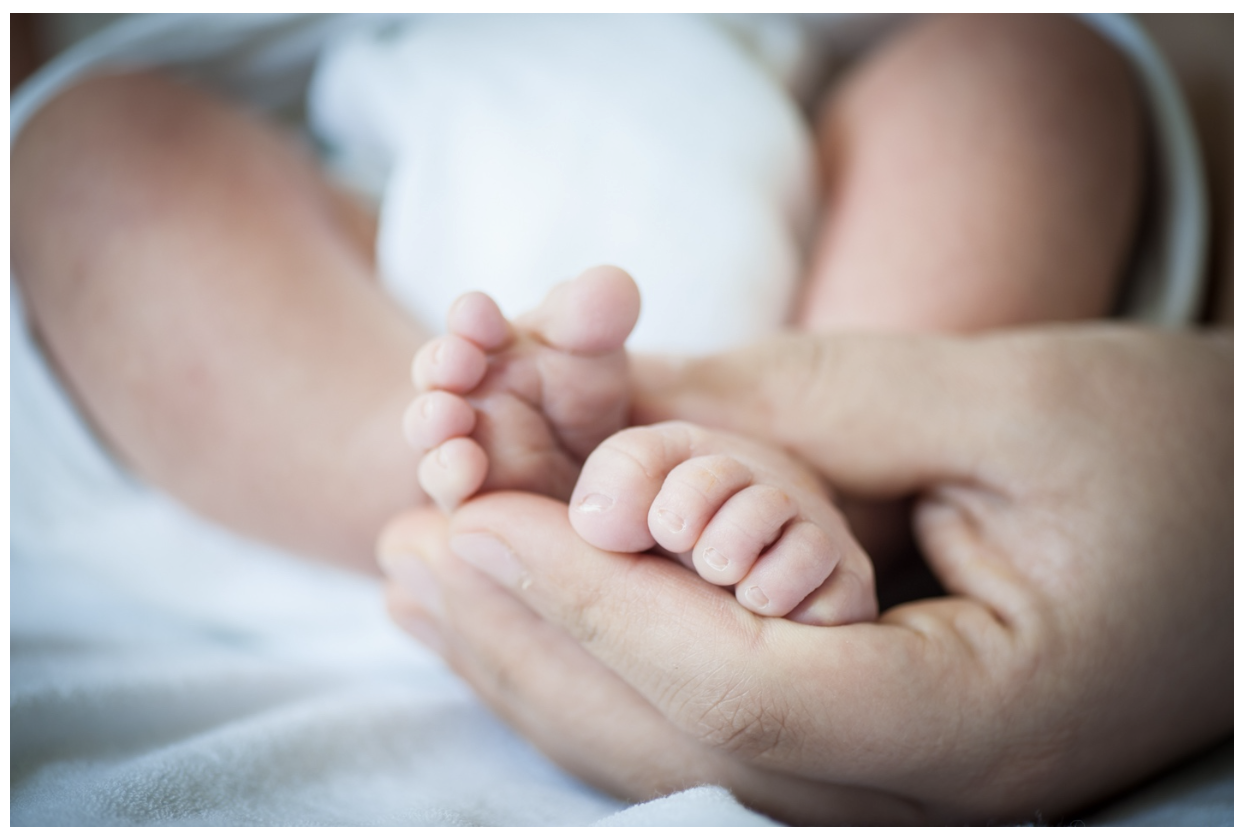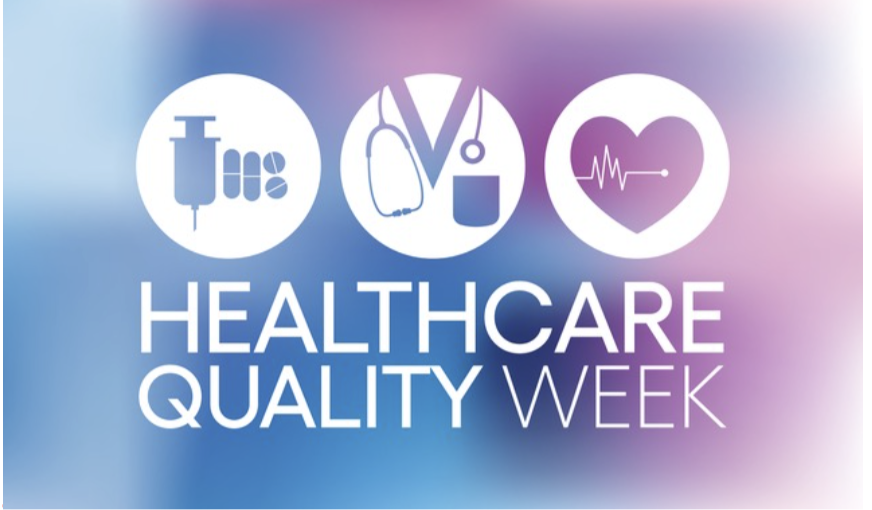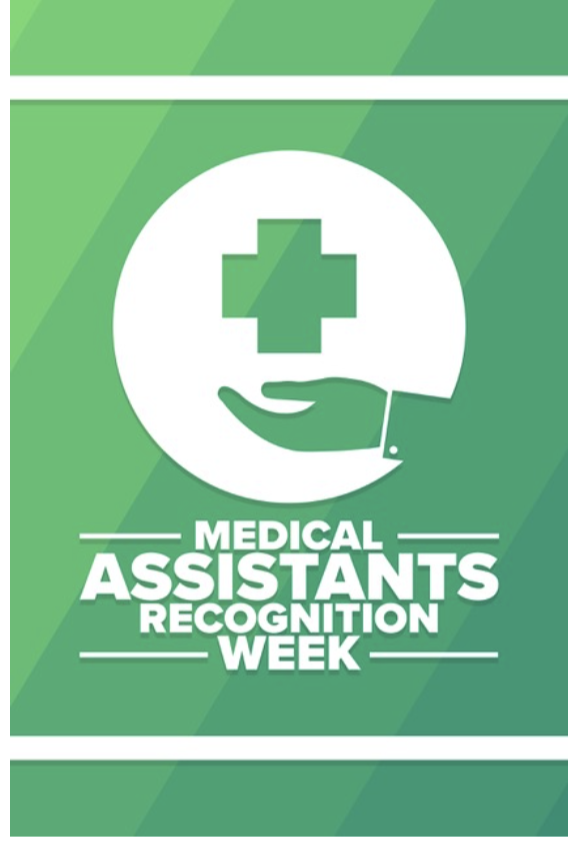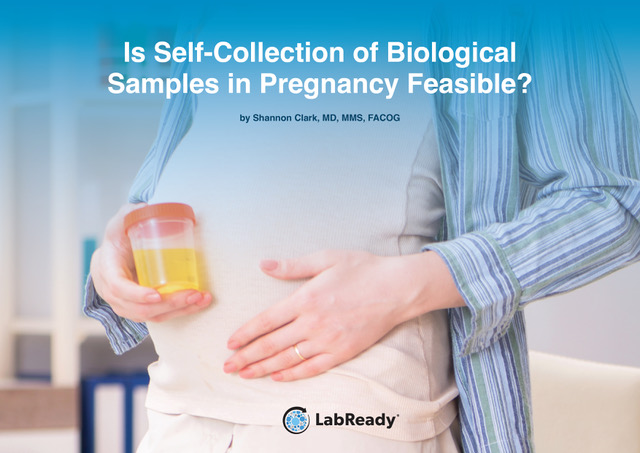Bursting Myths Around Group B Strep
Before you consider myths versus reality, you need to know what exactly is Group B Strep!
Group B Strep (GBS) is a naturally occurring bacteria commonly found in the digestive tract or vagina of about 1 in 4 pregnant women. This is a concern during pregnancy, as an infection can be passed to the child during birth. There are serious risks to newborns if GBS is left undetected. Approximately 50% of women who are colonized with GBS will transmit the bacteria to their newborns.
We’ve compiled a list of myths about group B Strep and researched the correct answers to keep you informed!
Myth 1: Group B Strep will show up in a urine test.
FALSE!
Because GBS colonizes the vagina and rectum, a urine test may be contaminated by GBS. Pregnant women are screened for GBS as part of routine prenatal care. The test for GBS is called a culture. In this test, a swab is used to take a sample from the vagina and rectum.
Myth 2: My doctor will recommend I get tested for Group B Strep.
TRUE!
The American College of Obstetricians and Gynecologists (ACOG) recommends universal GBS screening for all mothers during the third trimester of pregnancy between 36 and 37 weeks.
However, there is no routine screening for GBS in the UK. At the moment, the NHS does not routinely test for GBS in pregnant women. Women may choose to get tested privately. It is recommended you consult with your midwife if you previously had a baby with a GBS infection, or if you tested positive for GBS during this pregnancy.
Myth 3: If my GBS test results are positive, my baby will have health issues.
FALSE!
While a positive GBS test result remains a threat to the health of your newborn, your OB/GYN will recommend the use of antibiotics to help treat your GBS infection and mitigate any subsequent health issues for your baby after birth. Most commonly, practitioners recommend the use of Penicillin to treat group B Strep in pregnant women.
To learn more about group B Strep, and its potential impact on newborns, view another LabReady blog post: https://www.labready.com/resources/the-abc-s-of-gbs.
To speak with a LabReady team member, click here.
To speak with a LabReady team member, click here.
Learn more at the following websites:
Article Sources:














